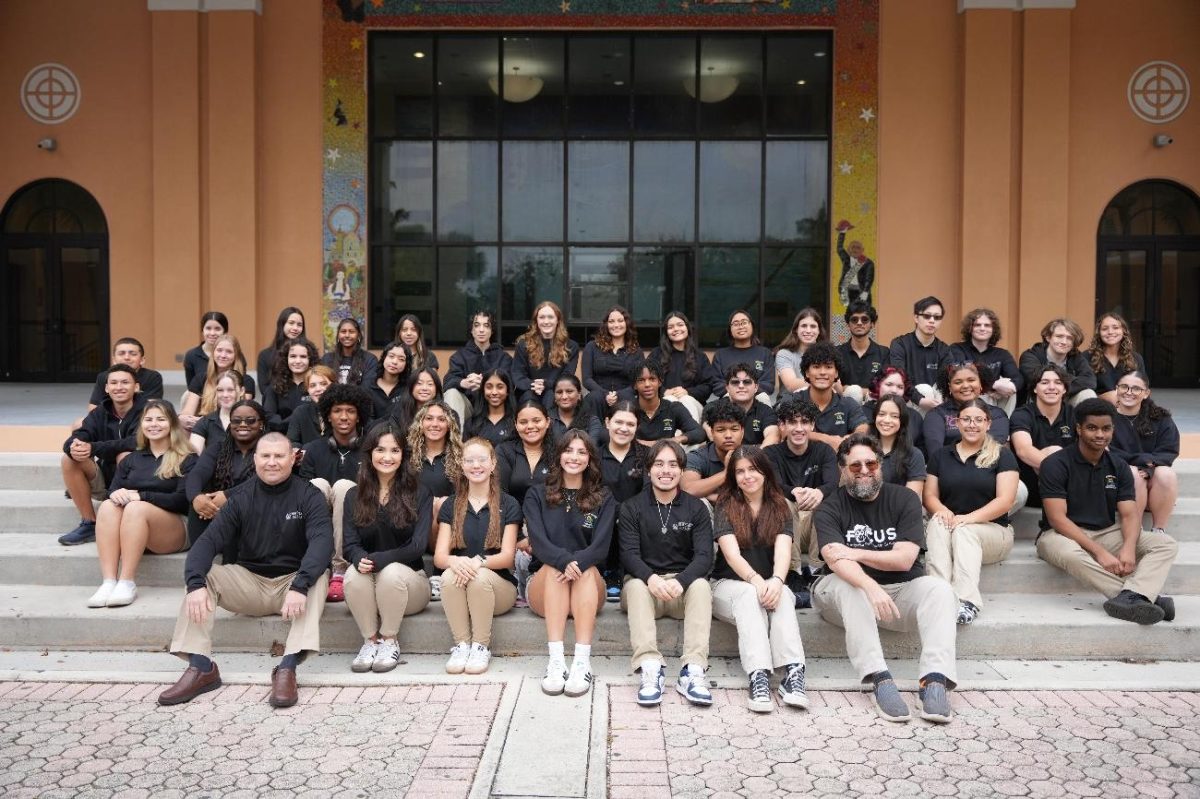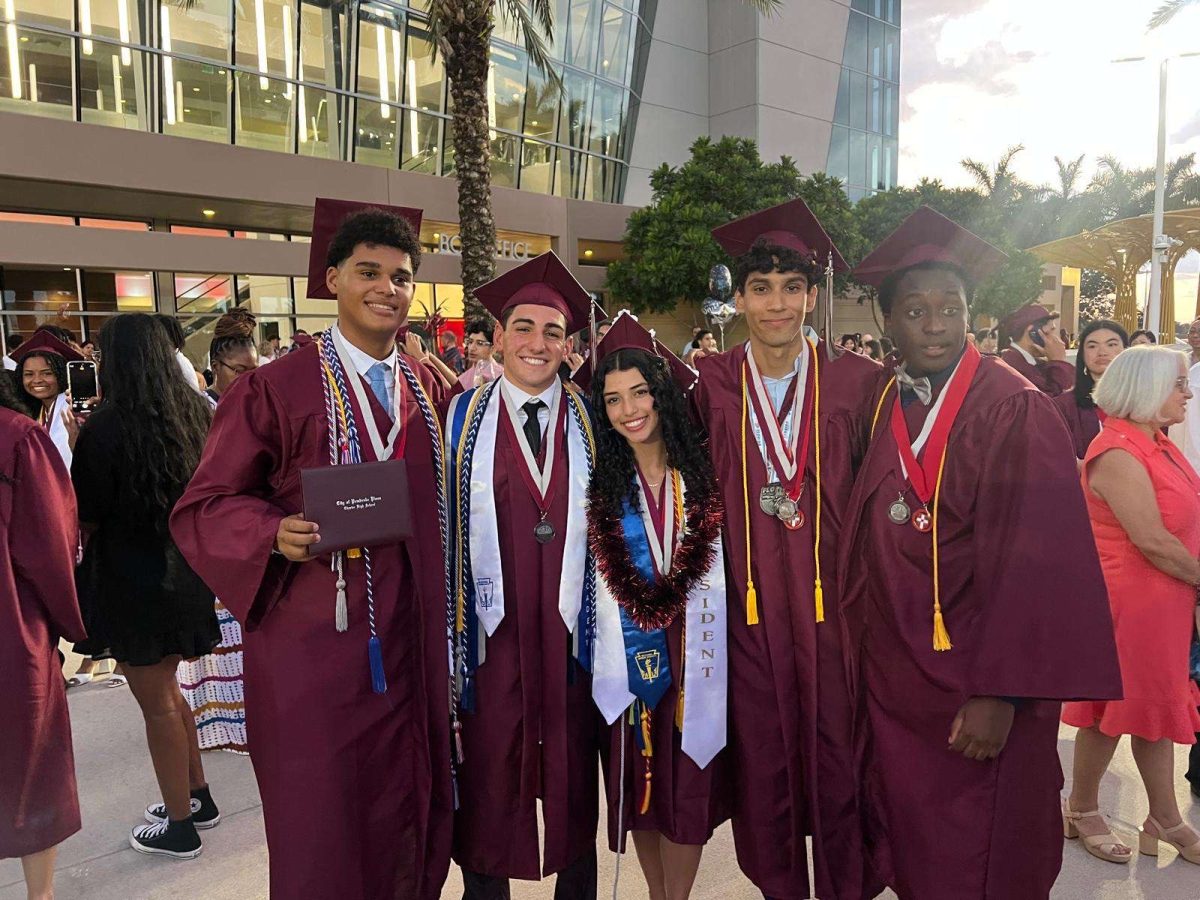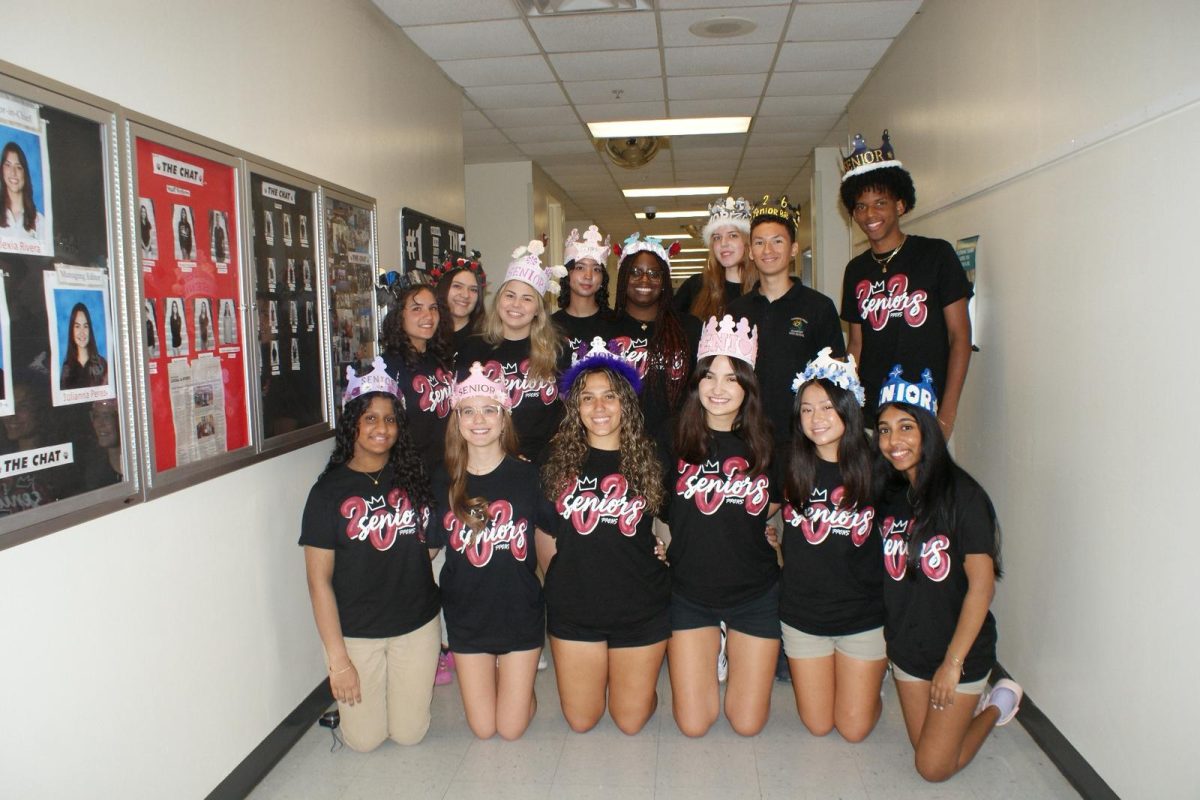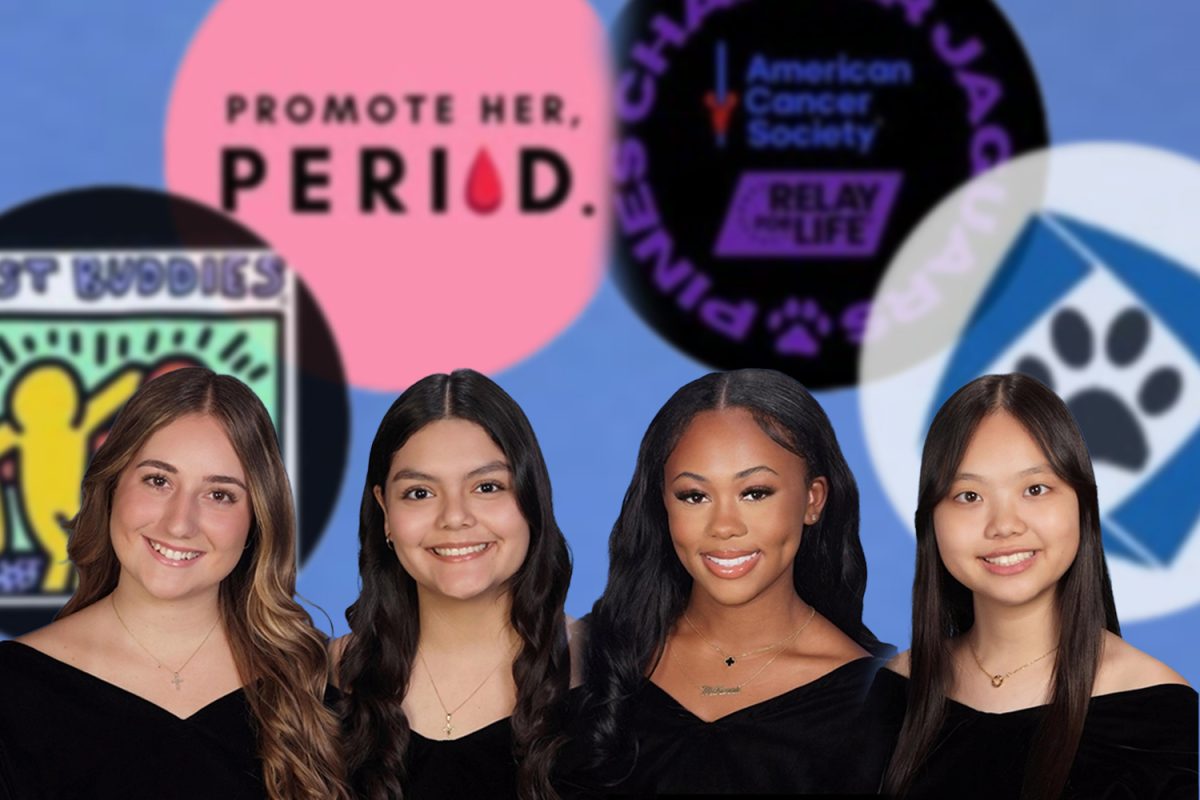When asked to list their rights, most Americans would say that the freedom of speech is the first that comes to mind. America is, as we’ve always been taught, “the home of the free and the brave.” However, that may not be entirely true anymore.
The first few months of the Trump administration have seen unprecedented crackdowns on free speech. One main incident was the arrest and deportation of Mahmoud Khalil, a green card holding university student. Khalil, a student at Columbia University, was known for frequently protesting peacefully against Israel’s actions in Palestine, his home country.
After one of the protests, however, he was accused of “supporting Hamas,” the terrorist organization fighting in Gaza, and was promptly arrested at his apartment in New York City on March 8. He wasn’t arrested by police, though, but by Immigration and Customs Enforcement (ICE) agents.
Prior to his arrest, he’d been targeted by harassment and encouragement from several far-right and Zionist groups online, and even been threatened with expulsion from his university for his involvement in the protests. He’d been targeted by the pro-Israeli doxxing website, Canary Mission, which is known to find and share personal information with people who criticize Israel’s involvement or tactics in the Gaza Strip.
After his arrest, the State Department and ICE had removed his Visa and held him in a detainment facility in Louisiana. This really begs the question: if green card users aren’t allowed to peacefully protest, do we really have the right to free speech anymore? The government is only allowed to remove green cards through court proceedings, but Khalil was simply arrested from his home and sent into detainment.
It isn’t just immigrants who are affected, though. News companies are paying the price for criticizing the Trump administration. Two examples of this are NPR and PBS, two news companies who have been critical of the Trump administration’s work this year.
Although both are marketed as unbiased, research shows that both skew slightly left. Despite maintaining a high factual accuracy and having a very slight skew, Trump has accused both these media outlets of spreading “radical, woke propaganda,” and started the process to slash their federal funding from the Center for Public Broadcasting.
William Brangham, an American journalist from PBS, claims that this would be a “major, major blow, especially to the large number of small rural stations that are spread all across this country.”
Many have accused Trump of using his position to start movements to silence media that reports on subjects he doesn’t like, or media that has opposition towards his ideals, especially considering he banned the Associated Press from entering the White House after they referred to the Gulf of America as its prior name, the “Gulf of Mexico.”
“If the news is being censored and people aren’t getting the right information, it makes it harder for our country to know the truth and make the right decisions,” says Lizbeth Manoj, the News Editor for Pembroke Pines Charter High School’s CHAT Newspaper. “I do think that the federal government should help fund journalism, and it could especially help struggling news outlets. However, I think there needs to be strict protections that would prevent bias and the government from influencing content.”
Censorship as of late has become a theme under the Trump administration, both in regard to speaking out in terms of protest and public broadcasting, whether it be for deporting dissenters, slashing funding, preventing journalists from entering the White House or Pentagon, or suing law firms that represent those against Trump’s administration.
Contributions to journalism matter incredibly to outlets like PBS and NPR in an era where they’re targeted by the government, and these cuts to funding could put many publications at risk.








